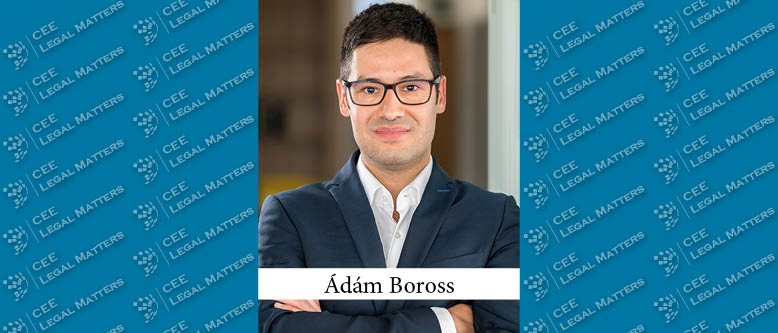The decision of the U.S. Securities and Exchange Commission (SEC) on January 10 has stirred significant attention, as it granted approval for the listing of certain products based on Bitcoin on the stock exchange. The impact of this decision on the European and American securities markets, and whether similar steps will be taken, depends largely on the details – including the names assigned to cryptocurrency-based products.
What exactly did the SEC approve?
The SEC's decision on January 10 allowed the introduction and trading of 11 Bitcoin-based Exchange Traded Funds (ETFs). ETFs are characterized by tracking the value of an underlying commodity or stock market index. Investors do not need to directly purchase the underlying asset to bear the risk of the product. This comes with several advantages, such as avoiding high transaction costs and potential tax obligations associated with individual trading. The approval of Bitcoin-based ETFs by the SEC is particularly significant, as it allows investors to invest in Bitcoin through a regulated product without the risks of buying on unregulated exchanges.
These new products were approved as "spot commodity" ETFs, meaning they relate to a commodity. With this decision, the SEC uniquely and revolutionarily declared that Bitcoin is a commodity – a recognized digital commodity.
However, the SEC decision applies specifically and exclusively to Bitcoin ETFs. The SEC emphasized that other unspecified crypto assets may not necessarily qualify as commodities. Naturally, this could complicate the potential listing of products based on other cryptocurrencies.
Where does Europe stand now?
In European markets, which lag behind their American counterparts both in potential and interest in crypto assets, Exchange Traded Notes (ETNs) based on bitcoins are prevalent. While ETNs, like ETFs, are linked to the price of Bitcoin, a significant difference exists between European and recently approved American formats. While ETFs are regarded as investment funds investing in Bitcoin, ETNs were specifically issued as securities embodying a credit relationship. Although the value of these securities largely depends on the price of bitcoins, as securities representing credit relationships, they also carry the risk of the issuers.
What can be expected in Europe?
The EU adopted a regulatory framework for cryptocurrencies last year, known as the Markets in Crypto Assets Regulation (MICA), aimed at facilitating the issuance of crypto assets in a regulated environment, categorizing various crypto assets precisely, and subjecting crypto asset services to authorization. The SEC's recent decision and the regulatory thinking behind it are expected to have a significant impact on the application of this regulatory package.
MICA (applicable in some parts from June 29, 2023, and from June 30, 2024, and December 30, 2024(, introduces different issuance requirements for various crypto assets, some more permissive than others. The crucial question is what will qualify as a purely crypto asset under the regulation, and to what extent the SEC's recent decision will influence this. While the two sets of regulations do not directly affect each other, it is not excluded (if other conditions are met) that crypto assets classified as commodities by the SEC could fall under the scope of MICA in Europe. However, MICA does not apply to crypto assets classified as financial instruments, and in this regard, the SEC's expected classification of non-Bitcoin crypto assets as securities or investment instruments may influence European regulators. Currently, under the leadership of the European Securities and Markets Authority (ESMA), professional work is underway to determine the conditions under which certain crypto assets and products based on crypto assets could be considered financial instruments. It will be interesting to see how the relevant ESMA recommendations align with the SEC's assessment of non-Bitcoin crypto assets.
Summary
With its January decision, the U.S. securities market took a significant step forward, allowing institutional investors to invest in products tied to crypto assets, an opportunity that was not previously available in this form and content in Europe. This naturally gives the American crypto market an advantage. In the coming period, further decisions regarding the regulation of other crypto assets are expected in the United States. Given the explosive development and complexity of crypto assets, it is unpredictable which assets will receive approval from the SEC.
The SEC's decisions are likely to have a considerable impact on how European regulators categorize crypto assets intended for introduction to EU markets and which assets will receive facilitated approval under the MICA regulation. With the approval of ETFs, American crypto markets have gained a competitive edge over Europeans (especially in terms of volume) – the question is whether European crypto markets can catch up with this advantage.
By Adam Boross, Senior Attorney, Jalsovsky




